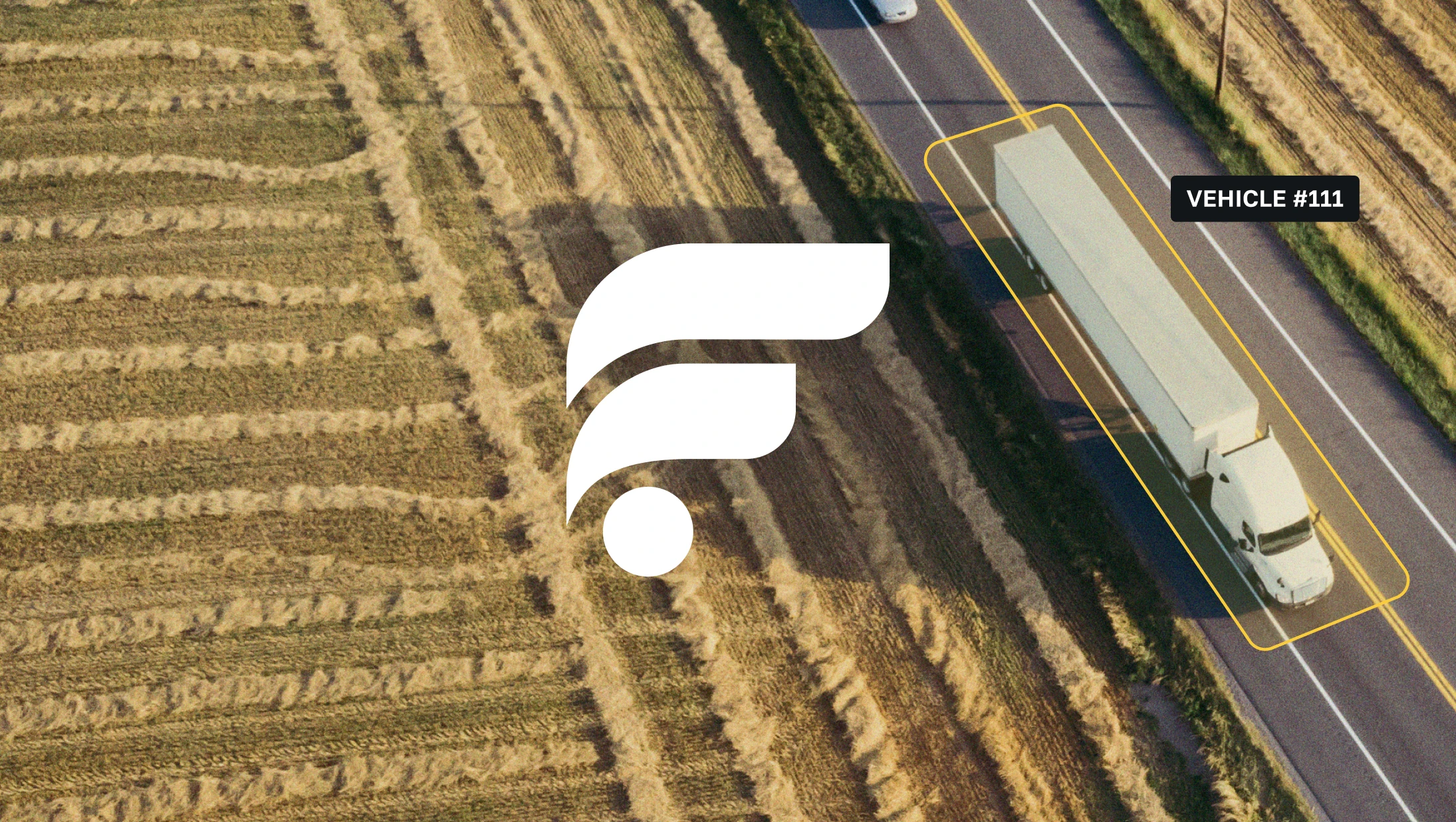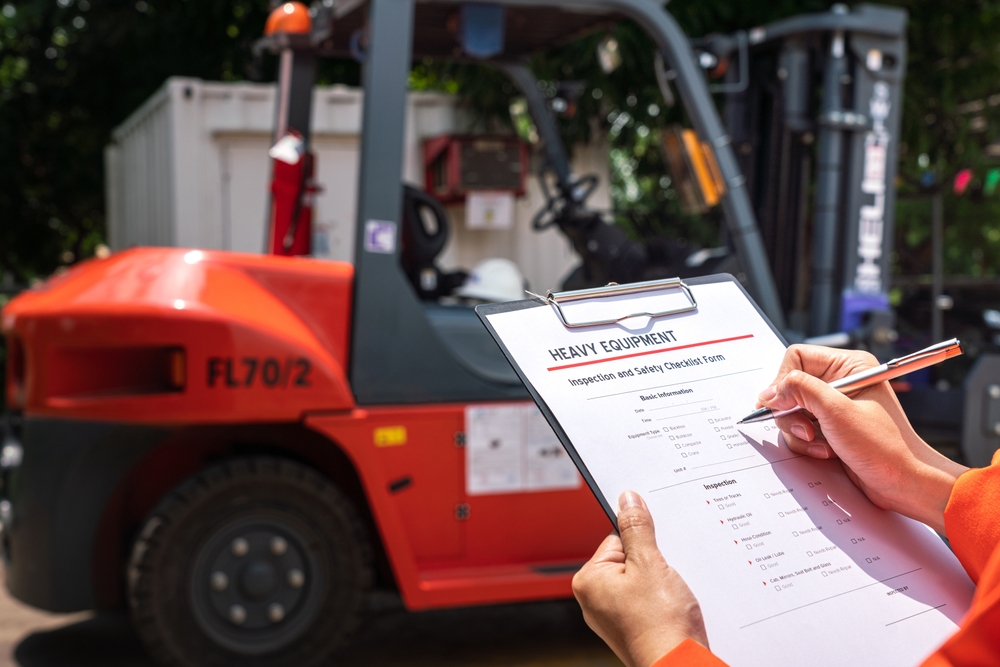
Keeping up with US Department of Transportation (DOT) and safety compliance requirements can be a challenge for even the most organized of fleet managers. The vast assortment of documents needed to manage driver qualification, Hours of Service (HOS), vehicle inspections, Compliance, Safety, Accountability (CSA) records, roadside and accident reports, and more, can lead to gaps in record keeping and exposure to risk. The cost of failing an audit is prohibitive; however, it is minor compared to the cost of accident litigation due to non-compliant documentation. The solution to proactively managing DOT and safety compliance risk is to talk to Fleetworthy Solutions in advance. At Fleetworthy, we give you the power of intelligent compliance, offering visibility and control over your fleet to streamline processes, reduce risk, and improve profitability.
Your Single Source for Risk Management in Safety and Compliance
Our intelligent compliance platform and dedicated transportation experts support your operations with customized consulting, training, and compliance services that keep your business running strong and fully within the law. Through our unique compliance dashboard, you gain a single version of truth, integrating all your paperwork, systems, and record-keeping into a central repository. This easy-to-use tool not only maintains your historical data for audit purposes, it also supports your strategic business decisions with forward-looking analysis. No other DOT and Safety compliance service offers all of this in a single solution.
“The visibility, expertise, and guidance we receive from Fleetworthy Solutions is priceless. We have visibility into our regulatory compliance like never before, which helps us make the right decisions and gives us confidence in our compliance.”
DOT and Safety Compliance Risk Management Simplified
The cost in fines and downtime associated with DOT violations can be avoided using a comprehensive, vigilant, and proactive approach to DOT and safety risk management. The problem is few fleets have the centralized record-keeping and dedicated compliance experts to maintain the program at a reasonable cost, long term. With Fleetworthy Solutions you gain the ability to streamline your risk management processes, and also achieve the single source of truth you need to identify trends and issues to better plan your operations moving forward. Our services include:
- Driver Qualification File Management
- Hours of Service / Driver Log Compliance
- CSA Scorecard Management
- Vehicle Periodic Inspection Tracking
- Electronic or Paper-based Driver Vehicle Inspection Report (EVIR / DVIR) Record Management
- FMCSA / DOT Vehicle Maintenance Documentation Management
- Online Driver Training, Testing, and Tracking
- Drug and Alcohol Program Management
- Drug and Alcohol Clearinghouse Program Management
Drug and Alcohol Program Management
Fleetworthy’s DOT Drug and Alcohol managed service program helps you comply with federal regulations that require all your employees – especially your commercial motor vehicle drivers – are testing clean and drug free, which is vital to your success and reputation, especially when it comes to making certain your motor carrier operation is going beyond compliant.
We provide drug and alcohol testing, random selection, consortium pools, recordkeeping, reporting, scheduling, follow-up, invoicing, testing, and much more to securely and confidently manage your DOT D&A Testing Program.
When partnering with Fleetworthy, you can expect the following features and benefits:
- Expert knowledge of U.S. DOT regulations and State limitations/restrictions/conditions
- Coordination and communication with over 8,000 clinics on your behalf
- Performance of paper and electronic DOT Chain of Custody
- Strategic alignment with industry leading providers like Alere, Cisive, and HireRight
- Management of pre-employment, reasonable suspicion, post-accident, RTD, and non-DOT testing
- Secured, electronic storage with restricted access, accessible 24×7 in Comply portal
- Drug and Alcohol Clearinghouse management, by Fleetworthy Solutions, decreasing the stress and anxiety on existing staff
Fleetworthy’s end-to-end drug and alcohol managed service gives you the security of working with an agile, cost-effective, DOT/FMCSA compliance expert enabling you to more effectively focus on your core business and strategic initiatives.
Run a Safer, Tighter Ship
There’s no reason to sweat the possibility of a DOT audit due to insufficient records or lack of knowledge regarding requirements or best practices. Fleetworthy is your all-in-one resource, providing:
- Better fleet control through dashboard reporting on DOT & Safety compliance and elevated risk issues.
- Objective, consistent, and uniform management and monitoring over all company locations to encourage and report compliance.
- Cost-effective, technology-based services versus costly, in-house, manual processes.
- Layered expertise to ensure program continuity over DOT risk management.
- A reliable source for local, state, and federal DOT regulations. Flexible program design from fully-managed services to SaaS capabilities.
- FMCSA / DOT accident record keeping online database.
These bundled services allow you to pick and choose your level of support, simply billed per driver, per month. All of your DOT-required records are maintained in one place, with password protection to ensure security. And, if an audit ever comes up, Fleetworthy is always available to represent you on request.
Lower Risk the Cost-Effective Way
Keep your fleet free from the uncertainties surrounding DOT compliance and risk management, as you also gain 360° visibility into your operations for greater business results. Let Fleetworthy provide the end-to-end, technology-driven services you need to lower cost, reduce liability, and minimize risk.






